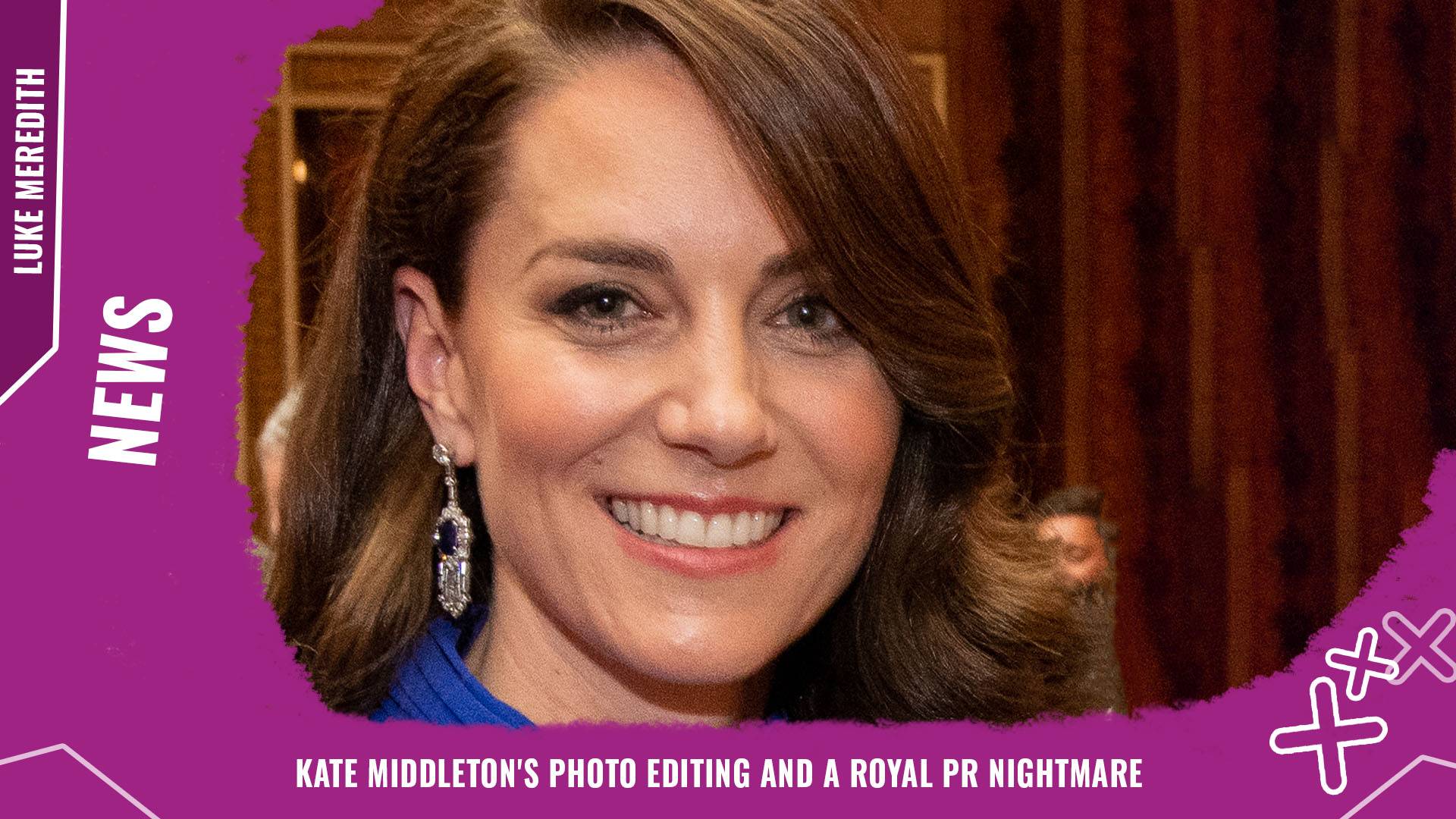If you’ve been following the news over the past week or so, either through the internet, newspapers, television or radio, you’ll probably be familiar with the ongoing image ‘scandal’ causing a public relations disaster for the Royal Family.
Last weekend on Mother’s Day, an official image was released by the Prince and Princess of Wales showing a smiling Kate Middleton with her three children, taken by Prince William.
The photo was released amid rumours regarding her whereabouts, which quickly grew into a wave of conspiracy theories that suggested the Royal Family’s explanation of “planned abominable surgery” was not the true reason for her absence from the public eye.
From a PR perspective, Kensington Palace would have hoped that this photo would be the end of all rumours. However, it was not.
Within 24 hours of the photo’s release, numerous reputable news sources, including Associated Press (AP) and Reuters, issued a “kill notice” for the image, citing image manipulation.
Kill notices are seen as particularly rare in the news industry, especially on this large of a scale. Naturally, this caused the rumours and conspiracy theories to spiral to new levels, confirming what has become a genuine PR shambles for the royals.
The explanation for this ‘manipulation’, according to an official written statement by the Princess herself, is that she enjoys the hobby of editing photos and was merely experimenting with this hobby in the image. However, this explanation did little to quell the incessant rumours theorising her current whereabouts.
The British Royal Family has, for years, been one of the greatest influencers of public perception the UK has seen. However, the Princess of Wales’ Mother’s Day photo, the below-par editing and the lack of a further explanation has generated nothing but more mystery.
The internet is, when utilised well, a fantastic place to uphold a clear, consistent and reliable brand image. While this is especially true if you’re part of the British Royal Family, it’s equally true for your own business or personal brand. Therefore, sharing manipulated content to your audience and attempting to pass it off as genuine, for whatever reason, runs the risk of alienating your audience.
Controlling your brand’s public image isn’t rocket science, and shouldn’t leave your audience with more questions than answers. For help in creating a strong online brand your customers will trust, speak to our team at Engage Web today.
- Google announces renovated Trends Explore page powered by AI - January 19, 2026
- Why misleading AI Overviews can cause complications for brands - January 15, 2026
- Google expert discusses decreasing use of AI Overviews - January 12, 2026




